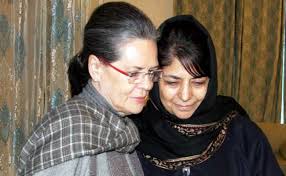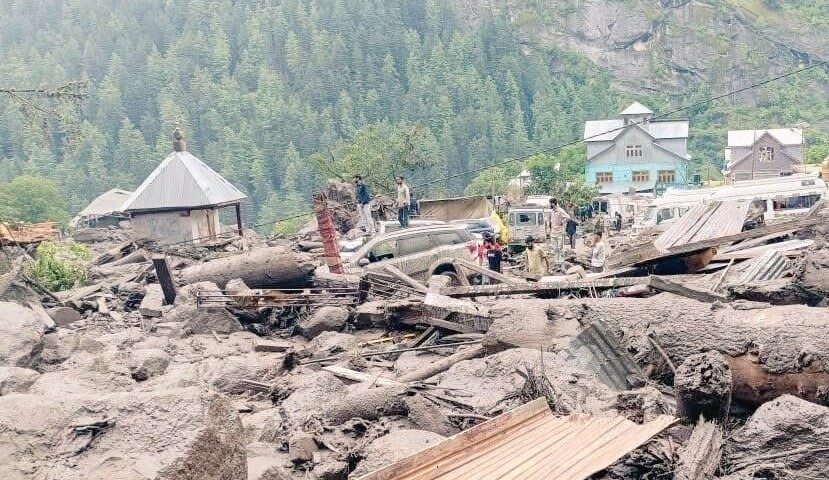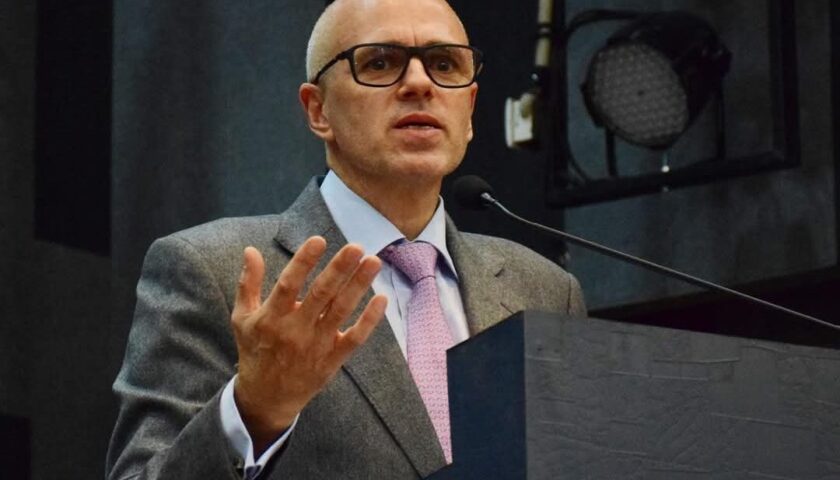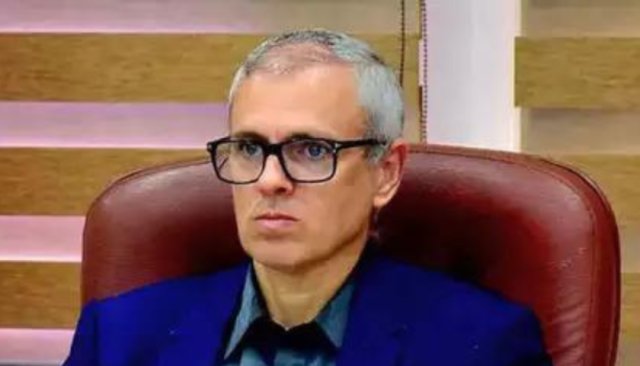 With Mehbooba Mufti firmly refusing to take oath as chief minister before the four day mourning period is over for her father’s death, Jammu & Kashmir is a state in a political limbo. With governor’s rule imposed, rumours are flying thick and fast in Srinagar about possible new political configurations. Mehbooba Mufti is refusing to take oath until “chahurram” — the four day mourning period for most Kashmiri Muslims — a time when no ceremonial functions can take place is over.
With Mehbooba Mufti firmly refusing to take oath as chief minister before the four day mourning period is over for her father’s death, Jammu & Kashmir is a state in a political limbo. With governor’s rule imposed, rumours are flying thick and fast in Srinagar about possible new political configurations. Mehbooba Mufti is refusing to take oath until “chahurram” — the four day mourning period for most Kashmiri Muslims — a time when no ceremonial functions can take place is over.
“By refusing to take oath, Mehbooba is giving a layered response to the situation,” said a highly placed PDP source. “She is asserting her faith, her mazhab, her religion, that she will not do anything that goes against her beliefs as a daughter and as a Muslim.”
PDP sources say the situation is similar to that which Mufti found himself in January 2015 before the formation of the PDP-BJP government when he was in no hurry to rush into things but was happy to wait until the conditions had been met and a mutually agreed common minimum programme had been found.
At the moment Mehbooba remains shut away in the upper floors of the Mufti family home, Fairview on Gupkar Road. A procession of PDP and BJP leaders file in through the day hoping to meet her, but she steadfastly refuses to meet anyone beyond private one on one interactions with select leaders, notably yesterday with Ram Madhav and deputy CM Nirmal Singh of the BJP.
“Constitutionally, a state government should not cease to exist because a chief minister dies. The life of a state cabinet does not depend on the life of the CM,” says lawyer and constitutional expert Harish Salve. “When a CM dies, the senior most minister should become the acting CM. Governor’s rule can only be imposed if the ministers resign or if the governor dismisses them.” In this case the ministers may feel they have lost moral legitimacy with the death of Mufti but they still hold offices to which they were sworn in, and continue to draw government salaries, says Salve.




